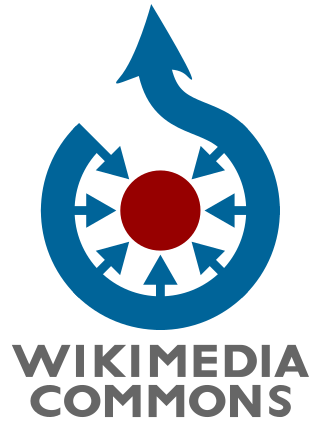Program, programme, programmer, or programming may refer to:
Development or developing may refer to:
ITS, its or it's may refer to:
The Hunger Project (THP), founded in 1977 with the stated goal of ending world hunger in 25 years, is an organization committed to the sustainable end of world hunger. It has ongoing programs in Africa, Asia, and Latin America, where it implements programs aimed at mobilizing rural grassroots communities to achieve sustainable progress in health, education, nutrition, and family income. THP is a 501(c)(3) non-profit charitable organization incorporated in the state of California.

Islamic Relief Worldwide is a faith-inspired humanitarian and development agency which is working to support and empower the world's most vulnerable people.

A grant is a financial award given by a government entity, foundation, corporation, or other organization to an individual or organization for a specific purpose. Unlike loans, grants do not need to be repaid, making them an attractive source of funding for various activities, such as research, education, public service projects, and business ventures. Examples include student grants, research grants, the Sovereign Grant paid by the UK Treasury to the monarch, and some European Regional Development Fund payments in the European Union.

Human Appeal is a British international development and relief charity based in Manchester. It was established in 1991. It runs targeted poverty relief programmes in emergency response and sustainable development.
An international non-governmental organization (INGO) is an organization which is independent of government involvement and extends the concept of a non-governmental organization (NGO) to an international scope.
Feed the Children, established in 1979 and headquartered in Oklahoma City, Oklahoma, is a non-profit organization focused on alleviating childhood hunger. Its mission is "providing hope and resources for those without life's essentials." The organization provides food, essentials, education supplies and disaster relief to those in need across the United States and in eight countries around the world. Domestically, Feed the Children operates five distribution centers located in Oklahoma, Indiana, California, Tennessee and Pennsylvania.
Muslim Aid is a UK faith based International Non-Governmental Organization. It acts as an international humanitarian charity with relief and development programmes in countries across Africa, Asia, and Europe. The charity works to support people suffering the effects of poverty, war, and natural disaster through both emergency relief and sustainable programmes designed to provide long-term support and independent futures to the most vulnerable communities around the world.

Charity is the voluntary provision of assistance to those in need. It serves as a humanitarian act, and is unmotivated by self-interest. Various philosophies about charity exist, with frequent associations with religion.
A feed-in tariff is a policy mechanism designed to accelerate investment in renewable energy technologies by offering long-term contracts to renewable energy producers. This means promising renewable energy producers an above-market price and providing price certainty and long-term contracts that help finance renewable energy investments. Typically, FITs award different prices to different sources of renewable energy in order to encourage the development of one technology over another. For example, technologies such as wind power and solar PV are awarded a higher price per kWh than tidal power. FITs often include a "digression": a gradual decrease of the price or tariff in order to follow and encourage technological cost reductions.

Wikimedia Commons, or simply Commons, is a wiki-based media repository of free-to-use images, sounds, videos and other media. It is a project of the Wikimedia Foundation.

Mary's Meals, formerly known as Scottish International Relief (SIR), is a registered charity which sets up school feeding programmes in some of the world's poorest communities, where hunger and poverty prevent children from gaining an education. It was founded in 2002 and has grown from its first feeding operation of 200 children in Malawi, to a worldwide campaign, providing free school meals in hundreds of schools and feeding more than two million children daily. Mary's Meals is named after Mary, the mother of Jesus, by its founders, who were inspired by their Catholic faith, although the charity is not a Catholic organisation.
UNICEF, originally the United Nations International Children's Emergency Fund, officially United Nations Children's Fund since 1953, is an agency of the United Nations responsible for providing humanitarian and developmental aid to children worldwide. The organization is one of the most widely known and visible social welfare entities globally, operating in 192 countries and territories. UNICEF's activities include providing immunizations and disease prevention, administering treatment for children and mothers with HIV, enhancing childhood and maternal nutrition, improving sanitation, promoting education, and providing emergency relief in response to disasters.

Canadian Feed The Children is a Canadian charity, based in Toronto, Ontario. It is a secular non-governmental organization (NGO), working in international development, and partners with community-based groups working to alleviate poverty in developing countries including Bolivia, Ethiopia, Ghana and Uganda, and in Indigenous communities in Canada. It is a registered Canadian charity with a mission to unlock children's potential through community-led action in Canada and around the world.






